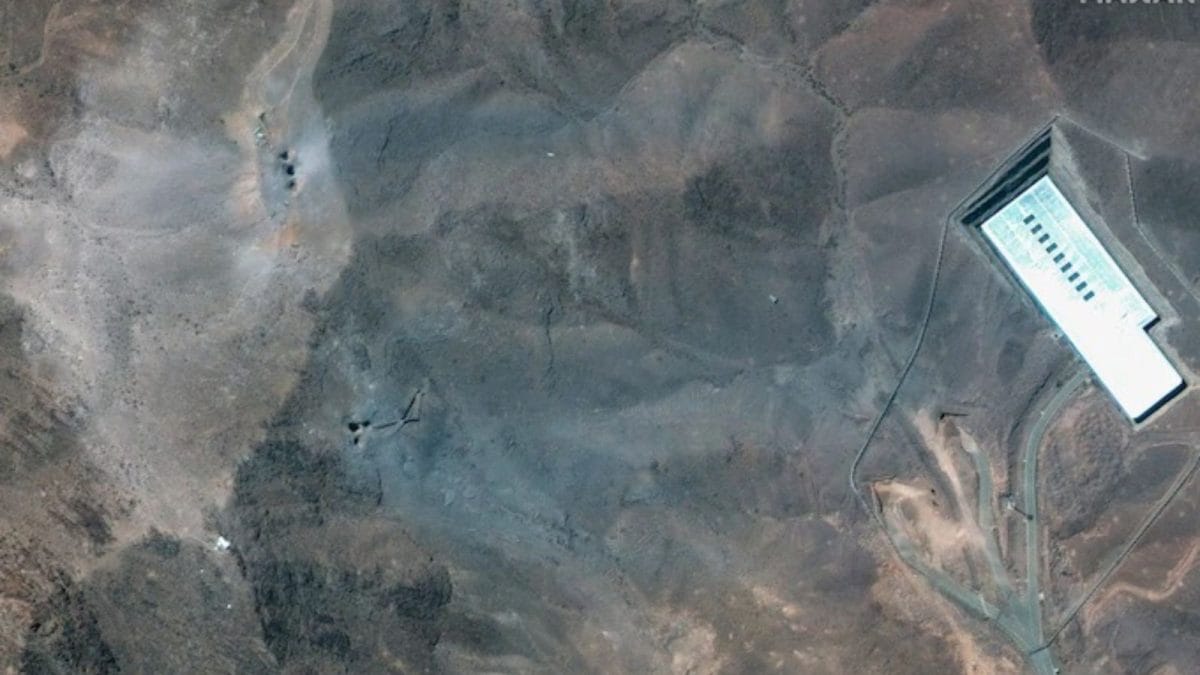ARTICLE AD BOX
In a joint memorandum submitted to the Home Minister Amit Shah, civil society organisations representing the Meitei, Thadou, and Naga communities sought an end to the Suspension of Operations (SoO) Agreements with armed Kuki militant groups.

Civil groups in Manipur demand end to Suspension of Operations pact with Kuki militants (Representative image/File Photo)
In a strong push for accountability and peace, four major civil society organisations representing the Meitei, Thadou, and Naga communities have jointly urged Union Home Minister Amit Shah to discontinue the Suspension of Operations (SoO) Agreements with armed Kuki militant groups. The organisations claim these groups are largely responsible for the ongoing instability in Manipur and have consistently violated the terms of the agreements.
In a joint memorandum submitted to the Home Minister on Thursday, the Indigenous Peoples’ Forum Manipur, Thadou Inpi Manipur, Meitei Alliance, and the Foothills Naga Co-ordinating Committee alleged that the SoO-protected groups played a central role in triggering the ethnic violence that erupted on May 3, 2023, starting in Churachandpur. They pointed to the torching of homes in Torbung and Kanvai as early signs of the broader unrest instigated by these groups.
The signatories asserted that militant organisations under the SoO framework continue to pose threats to the lives and security of all communities in the state. They highlighted that the Kuki National Organisation (KNO) and the United People’s Front (UPF) originally entered into bilateral ceasefire arrangements with the Indian Army in 2005, which were converted into tripartite agreements involving the Government of India and the Manipur Government in 2008. Despite yearly renewals, the organisations claim the agreements have failed to ensure peace and have, instead, enabled lawlessness.
According to the memorandum, the preamble of the SoO Agreement requires militant groups to renounce violence and illegal activities such as extortion, abductions, and the public display of arms. However, the civil bodies allege that these terms have been repeatedly breached, and the state government is unable to enforce accountability due to loopholes in the agreement's structure. One key concern raised was the role of the Joint Monitoring Group (JMG), which includes representatives from the same militant groups it is supposed to monitor—creating a situation where violators oversee their own compliance.
The organisations also pointed out that the Manipur Government had officially abrogated the SoO agreements with the Kuki National Army (KNA) and Zomi Revolutionary Army (ZRA) in March 2023, and later recommended against their renewal in January 2024. They insisted that unless recommended by the elected state government, the agreements should not be extended under any circumstances.
To restore peace and normalcy, the civil society groups proposed several key recommendations: the immediate abrogation of the current SoO agreements, re-establishment of a popular elected government to enable legitimate consultation on such agreements, a comprehensive review and restructuring of the SoO framework, appointment of an independent and neutral arbitrator, and prosecution of militants involved in violence—removing their protection under the SoO.
The memorandum concluded by reaffirming that the SoO framework must not serve as a shield for those perpetrating unrest but should function strictly as a peacebuilding tool. As Manipur continues to recover from the aftermath of more than a year of conflict, the demand to rethink the SoO agreement underscores growing calls for structural reform and a return to democratic governance.
- Ends
Published By:
Harshita Das
Published On:
Jul 3, 2025



.png)
.png)
.png)
















 5 hours ago
6
5 hours ago
6









 English (US) ·
English (US) ·